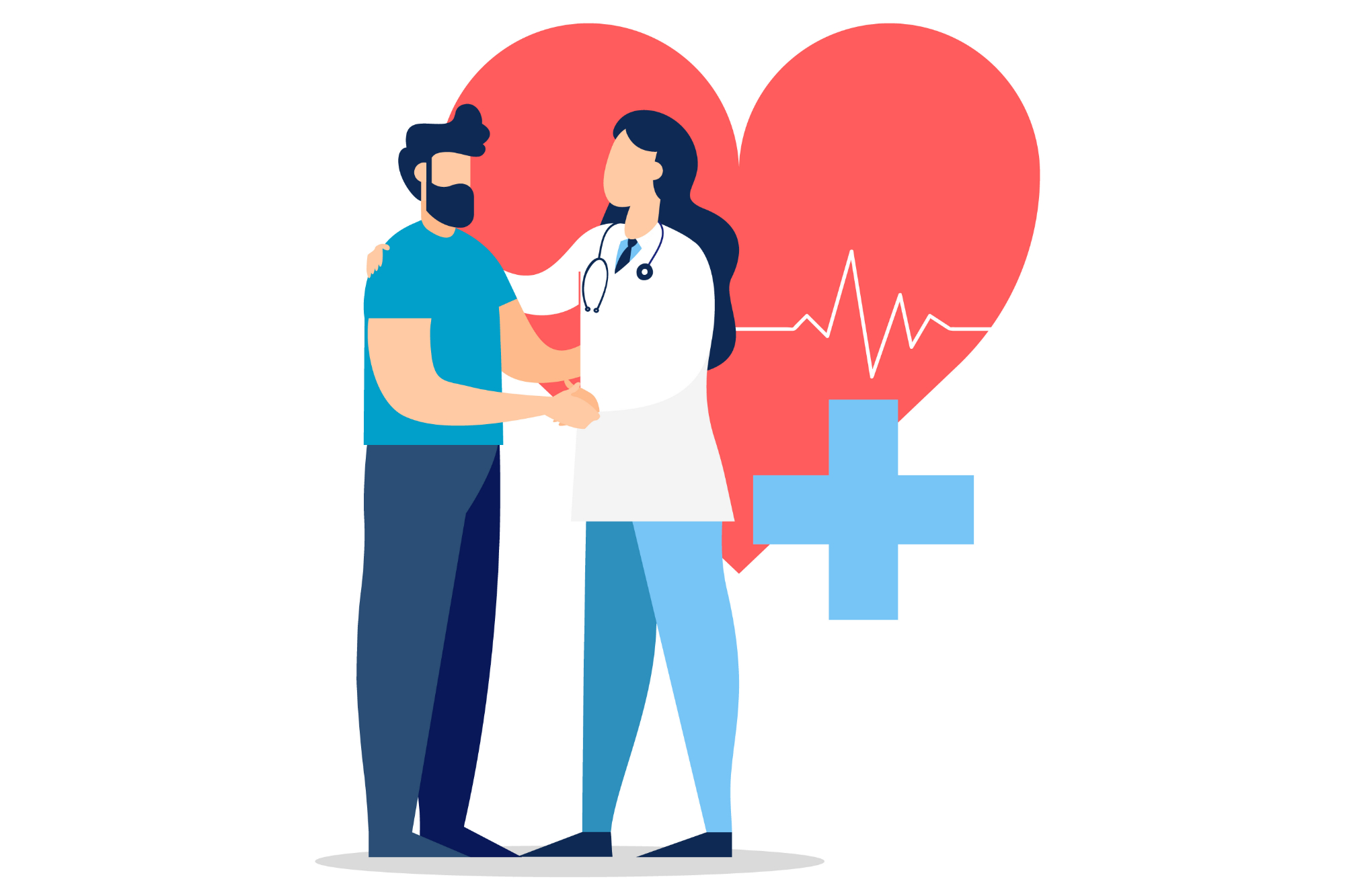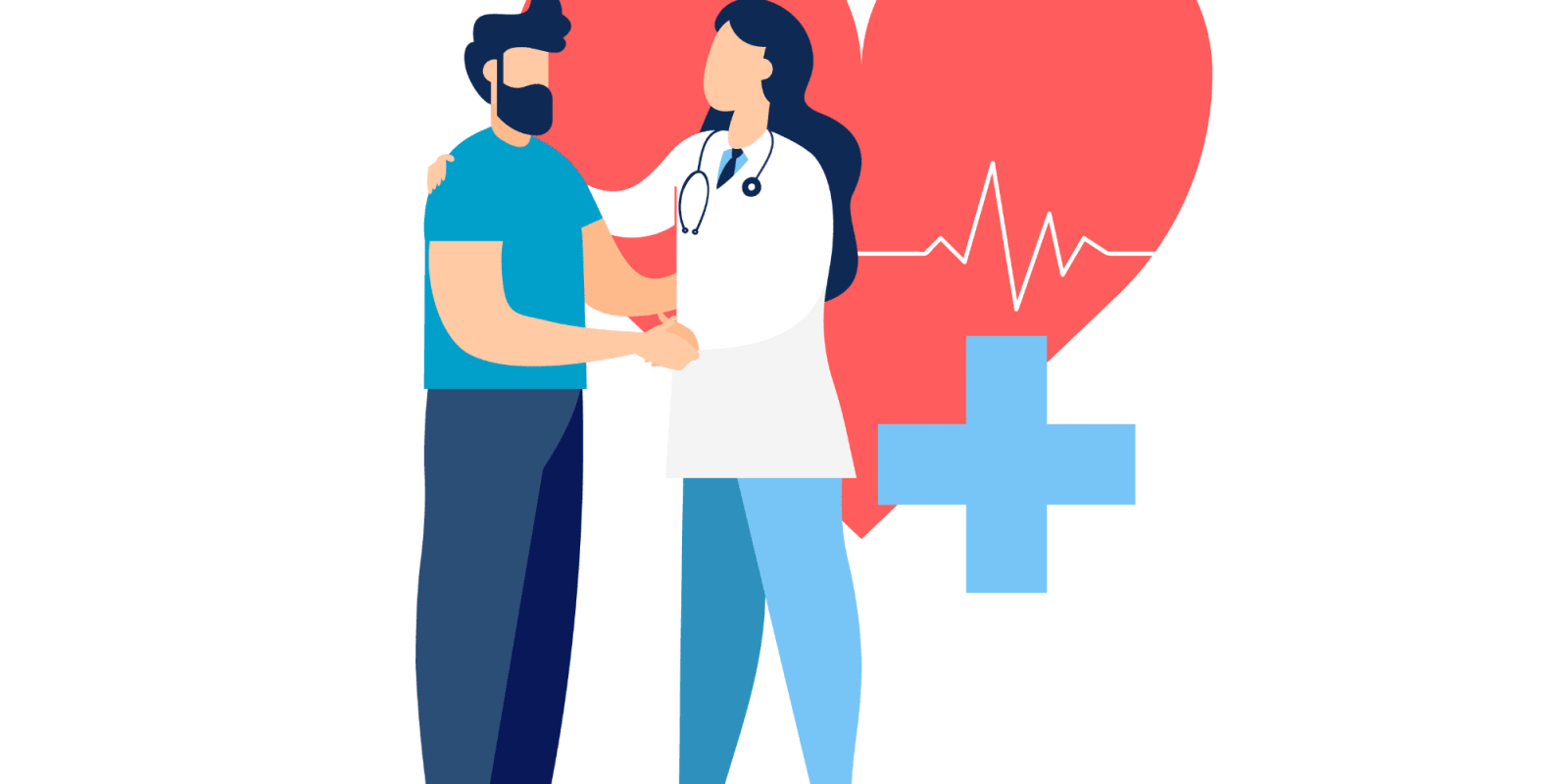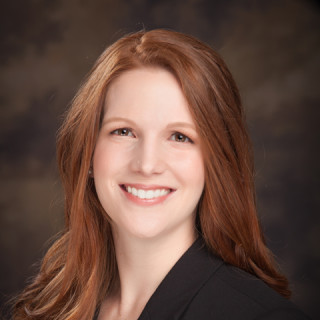
As I am coming to the end of my intern year, and many of my friends are preparing to be new interns, I’ve been taking some time to reflect on what the year has taught me. I’m grateful that I wrote this article back at the beginning of this journey, because it gives me a bit of a benchmark for where I was then compared to where I am now. (Fortunately, I feel more like a real doctor!)
As I look back, there are a few moments that truly stand out. There certainly are times during training where you feel a bit like you’re banging your head against the wall — nothing you’re doing makes much of an obvious difference, and if the universe is really trying to make a point, maybe you’ll even get to readmit that patient a few days later for the exact same problem. On the other hand, there are those glorious times when everything seems to come together perfectly and you really feel like you’ve done something worthwhile.
Interestingly enough, when I think about those moments of success, almost all of them have one thing in common: they didn’t really have anything to do with complicated medical diagnoses or decision-making. Almost all of them had something to do with caring for the patient’s humanity. This is what I imagine the art of medicine to be: you have to be very skilled at diagnosis and treatment, but you also have to figure out how to treat the whole patient, which often requires creativity, excellent teamwork, and a finely-tuned listening ear.
I’d wager that those of us who got into medicine really care about our patients and want to do right by them. For me, one of the big lessons of intern year was that taking care of the whole patient is not as easy as just having good intentions. (If it were, I’d like to think that these things would go right a heck of a lot more often.) As much as I wanted to work on the entirety of a problem, I didn’t have enough experience to do that at the beginning. I was focused on the medical knowledge portion of the problem, which was overwhelming enough at times. And, in the beginning, I think that’s okay, mostly because I had other people to help point me in the right direction.
As I got a little better at the basics, I had a bit more bandwidth available. I had more time to think more comprehensively about my patients, and I had a better idea of the resources I had at my disposal. I started to routinely ask more nuanced questions to look for some of the less obvious non-medical issues that still made a big difference to patients. (As we all know, a wide range of social determinants can have a much larger impact on our patients’ health than we do.) I was surprised, though, at how much practice and acumen this really takes. I had to spend a good deal of time figuring out the best way to manage each patient’s individual situation, and this could easily take longer and be more complex than their medical treatment.
I was fortunate enough to have a great deal of support from colleagues, teachers, and an administration this year who were committed to training us to treat the whole patient. And was it ever rewarding when everything came together to support the patient in all the things they needed to heal. I actually think that one of the best things I did for a patient this year, with a huge amount of support from the whole care team, was transfer them to another hospital. Not because we couldn’t provide adequate care here — we certainly had the skills to do so — but this move allowed that patient to get better support for their social situation, and they were able to recover in a context that was much more conducive to their overall health.
I am grateful to have this as a reminder of the good we can do for patients, even when it’s not directly related to their medical treatment, and as a lesson I will carry with me as I continue to refine my skills in the art of medicine.
Amy Blake is an internal medicine resident and a 2018-2019 Doximity Author. The views expressed herein are solely those of the author and do not necessarily represent the views of any organization with which she is or has been affiliated.







